How to Make Cooking with ADHD a Lil Easier
Difficulty Cooking — ADHD Cooking Tips
so...cooking is hard
And cooking is particularly difficult if you've got ADHD.
For many of us ADHD folks, feeding ourselves is one of the most time-consuming, challenging, and mentally taxing tasks we face on a day-to-day basis.
As you probably know, the whole point of this site is to make the process of cooking and eating just a little bit easier. But I want to share a few specific tips here because these are the broad ideas I like to keep in mind when I'm thinking about cooking with ADHD. I also find them to be *especially* useful when I'm having a rough time or experiencing burnout.
I hope some of these ideas let you feel a little more calm, joy, and relief in your own cooking process, as they've done for mine.
(photo by Alena Shekhovtcova from Pexels)
P.S. Tips marked with a "$" symbol require some financial flexibility. I'm not out here to tell you to hire a personal chef or pay any outrageous costs, but like, it's worth mentioning that not everyone can afford to pay upfront—especially when counting on govt assistance or making do with insufficient wages.
01. $ Pay the ADHD tax upfront
If you're on this site, you likely have personal experience with some of the hidden costs of having ADHD. Forgotten bills and subsequent late fees, parking tickets, and weeks of spoiled food are just some of the ways that having ADHD can really annihilate your finances.
Some folks in the community coined the term "ADHD tax" to describe this specific kind of wallet-draining. Ever since I learned of this phenomenon, I've started embracing the art of paying the ADHD tax upfront.
Here are a few ways you can do this too:
Instead of letting Veggies rot in the crisper drawer because they take too much time and energy to chop, opt for packages of pre-prepped produce. Look near the Salad Greens at your grocer.
Instead of buying a week's worth of groceries for home-cooked meal prep (that will probs go bad before you find time to cook), incorporate pre-made foods and microwaved meals to make life a lil easier.
Instead of waiting for the long-awaited week where you'll turn your entire life around and become an elite chef overnight, invest in a meal prep or meal delivery service. These services not only keep you fed, but they can teach you the bare bones of cooking as you build familiarity and comfort in your kitchen.
Instead of realizing halfway through the day that you haven't eaten anything substantial yet, stock your pantry with easy grab-n-go foods— Chips, Crackers, Protein Shakes, Bars, pre-chopped Fruit, etc. You know, the things that can be eaten immediately.
Instead of trying to make all your food from home, include takeout/ carry away/ fast food into your meal rotation. Order extra for leftovers, if you'd like.
Photo by PNW Production from Pexels
02. $ Use the throw-aways
Using disposable utensils is not something to be ashamed of. I could talk for hours about how unreasonable and ableist it is to shame folks for using single-use items— individual responsibility does not mitigate the systemic failures causing the climate crisis— but, I'll spare you the air time.
I just want to reassure you that it's really okay to opt for paper plates and plastic forks. If you'd rather spend your energy on taking trash to the dumpster versus washing dishes, do it!
Dollar stores have plenty of disposable options for reasonable pricing or you can visit a restaurant supplier (like Smart Foodservice for US folks) to purchase disposable items in bulk.
03. Sometimes timers actually work
I think it's safe to say that most ADHD folks have strong opinions about timers.
In my experience, it can be hit or miss to use a phone timer to remind me to take my meds, use the bathroom, eat a snack, or bring the recycling to the curb.
However, timers in the kitchen as an ADHD cook are literally essential. For one, they should almost *always* be used when using a hot surface or appliance. Especially if you're not already familiar with timing and cooking. Nobody needs their food burning to a crisp, nor do they need their home burning to a crisp.
Also, timers can be used to keep you on task. With recurring timers going off every 5-10 minutes, you're called back to the kitchen before your Pasta Sauce boils over and literally hits the fan.
I personally like to set a 7 min timer on repeat when I'm cooking for long stretches of time. It reminds me that, yes, I'm supposed to be cooking, when I inevitably wander off to go reorganize my sock drawer or something. The timers also act as a reminder to check on foods that need to be stirred, rotated, or adjusted. In my mind, having a repeating timer go off when it's not ~always~ needed is better than me accidentally scorching a whole batch of food.
04. Make the process enjoyable
Nobody likes doing hard stuff. But with ADHD, it can feel close to impossible to embark on a task we *really* don't wanna do. That's where making the experience more enjoyable comes in.
I wrote a longer post about making meal prepping more enjoyable a few years ago, but here's a little snippet:
Phone a friend
Let YouTube, TV, or a Twitch stream play in the background
Listen to your fav podcast or album through a speaker or headphones
Light a candle or ~set the stage~ some other way
($) Buy an ergonomic kitchen mat (seriously, these things are amazing)
($) Get some cute kitchen tools or dishware that makes you happy
Designate a special "chef" outfit— try it, it's fun
Cook with others!
Do literally anything you want to make the experience feel more intentional and/or engaging
P.S.S. If you'd like to learn more about why and how ADHD impacts our ability to do hard things, this video from How to ADHD, How Dopamine Affects Learning and Motivation in ADHD Brains ↗, is a great crash course on dopamine. This vid also covers some tips on how to make those hard things easier for us to tackle.
05. Don't overcomplicate it
Emotional dysregulation is a very real and very difficult part of ADHD. When the going gets tough and when we get overwhelmed, we can go from cheery cherries to feeling absolutely hopeless in a matter of seconds.
If you find yourself in that headspace— in the moment or over a course of a few weeks— go back to the basics. Don't overcomplicate it.
For a lot of folks, this can be opting for the comfort food they grew up eating. I always fall back on Meatless Chicken Nuggets, Tater Tots, Mac n Cheeze, and Instant Ramen.
But it can also be comforting to prepare the first meals you learned how to make. Or embrace foods that remind you of happier times or seasons (hello, middle of winter Smoothies).
Or you can plan ahead to eat certain foods on certain days—Grilled Cheeze + Tomato Soup Tuesdays, Frozen Pizza Fridays, Takeout Thursdays, etc.
($) It may also be worth it to just, you know, not make home-cooked for a few days/ weeks/ months.
Another part of simplifying food, cooking, and eating during stressful times (which is like 24/7 nowadays tbh) is accepting that some meals are just gonna be a buncha snack foods or random bites eaten one after another. It's important to remember that meals don't have to look or be any sort of "way". Whatever you wind up scrounging together is great.
And if you ever need inspiration for the throw-together a bunch of stuff meals, pls see the subreddit Sh*tty Vegan Food P*rn↗.
my sh*tty vegan food p*rn: hashbrown patties, a vegan chicken patty, a ton of mustard, and romaine lettuce drenched in vegan honey mustard. bon apple teeth
06. Make More Food!!
Lastly but not leastly, MAKE EXTRAS. Make more food for later. Whenever you cook, make enough for leftovers. Make extras!! Make more food!!
The more frequently you do this, the less frequently you will have to cook. Not to mention that it's so much easier to wash a pan once every two to three days, rather than after each and every meal.
That said, making extra food can sometimes be easier said than done. It requires planning ahead, working memory, and calculations to ensure you don't wind up with too much or too little food— all things that people with ADHD often struggle with. Moreover, if you're not used to cooking, this can be really hard to gauge!
So, I recommend starting with the simplest meals you know how to make that you know you'll enjoy eating multiple times in a short period.
Boxed Mac n Cheeze? Throw in an extra box or two. Rice? Make a bit more than usual. Veggie Soup? Consider doubling the batch.
Either refrigerate or freeze any leftovers, depending on how likely you are to eat them within the next few days. Be realistic here and freeze if unsure.
There are a lot of foods that hold up well when frozen and some that don't. If you're wondering if your fav foods are freezer friendly, check out the pre-made frozen meals in your grocery store. If you see something similar, you're probably good to freeze it at home.
I feel real strongly about making extras because cooking IS HARD. Cooking and eating are, in my opinion, some of the most difficult, life-sustaining tasks we are required to do on a regular basis. I've found that the less frequently I have to cook to get food in my belly, the more I can actually enjoy the process when I do wind up cooking.
07. make your staple meal list
If there’s one thing that’s made the biggest impact on my cooking and eating, it’s my Staple Meal List.
Call it your Staple Meal List, your Easy Meal List, your Emergency Meal List—whatever it is to you, it contains the easiest meals you can whip up in a pinch.
On those days when you can’t remember what you even like to eat, it’s amazing to refer to. Just skim a list filled with all your favorite *easy* meals and pick something based on what’s available.
To make your staple meal list:
List out all the easiest meals you like and know how to make
Put them in an easy-to-access format
Keep it up-to-date with your current ingredients
Refer to it often
For more support and guidance making a Staple Meal List that works for you—no matter your energetic and emotional capacity—check out the workbook, How to Make Your Staple Meal List.
so, how do you make cooking easier?
Everyone's got their own experience in the kitchen, so I wanna know what helps *you* make cooking a lil more ADHD friendly. Are there any tips you want to share with the community?
Drop a comment below! I'd love to hear from you.
If you’d like to help financially support this project, you can follow this link to access my Tip Jar on Ko-fi ↗. Any and all donations are sincerely so appreciated.





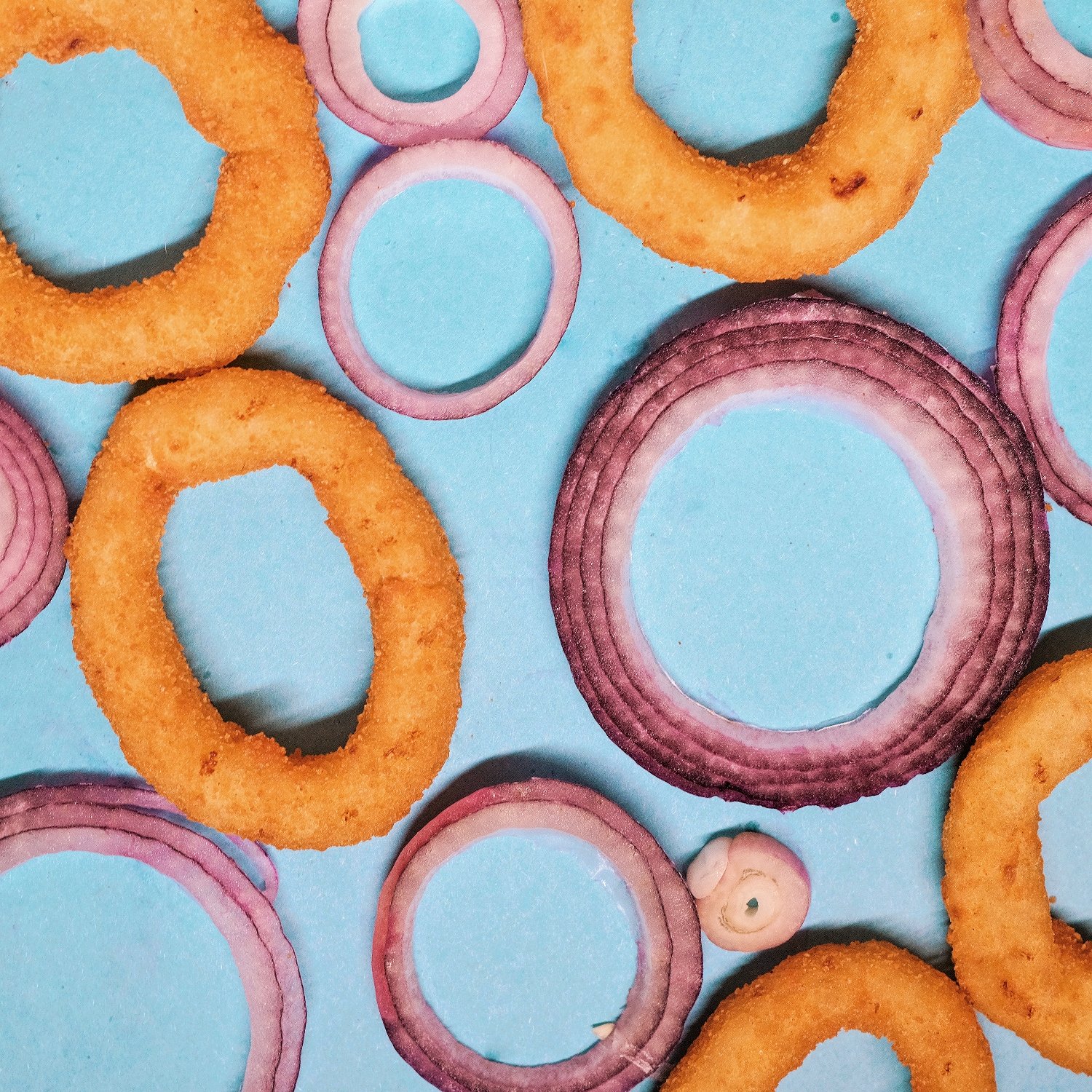

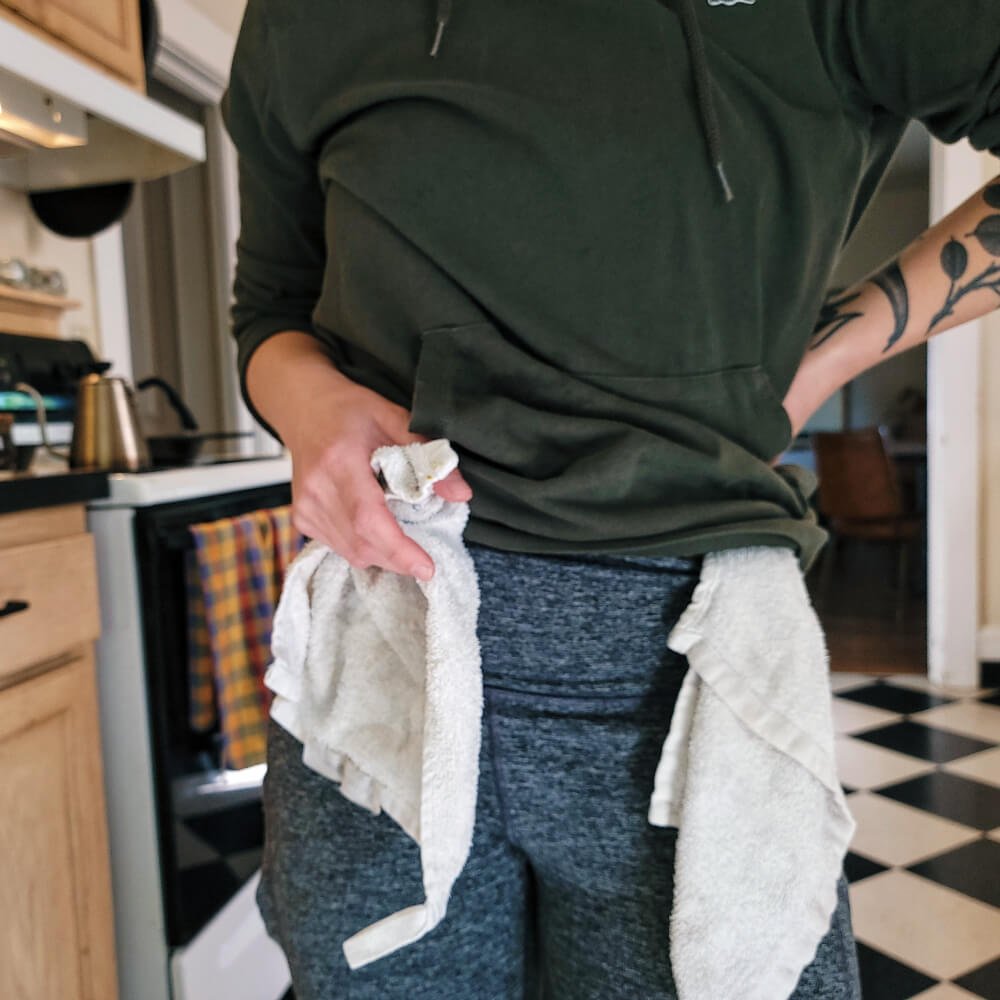







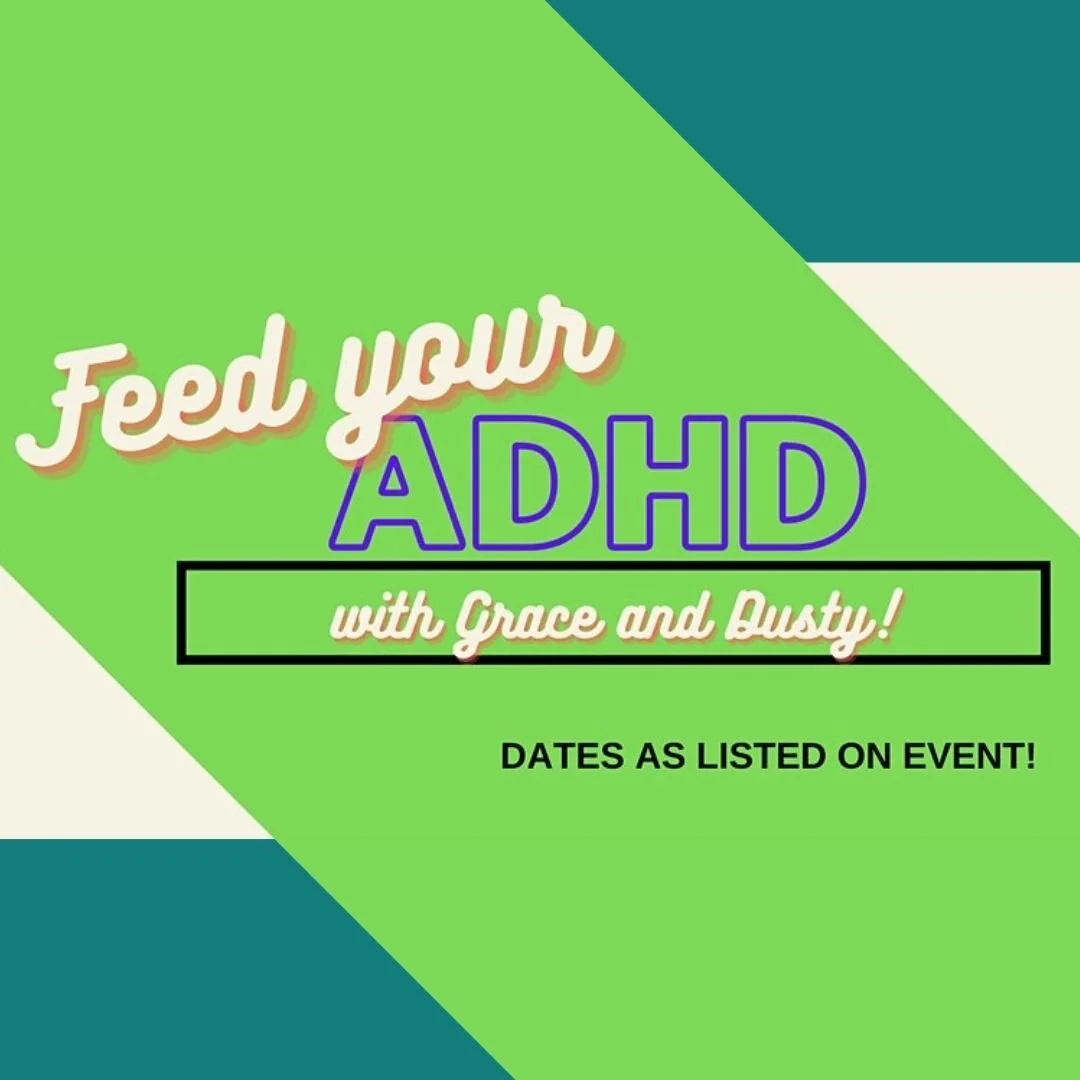
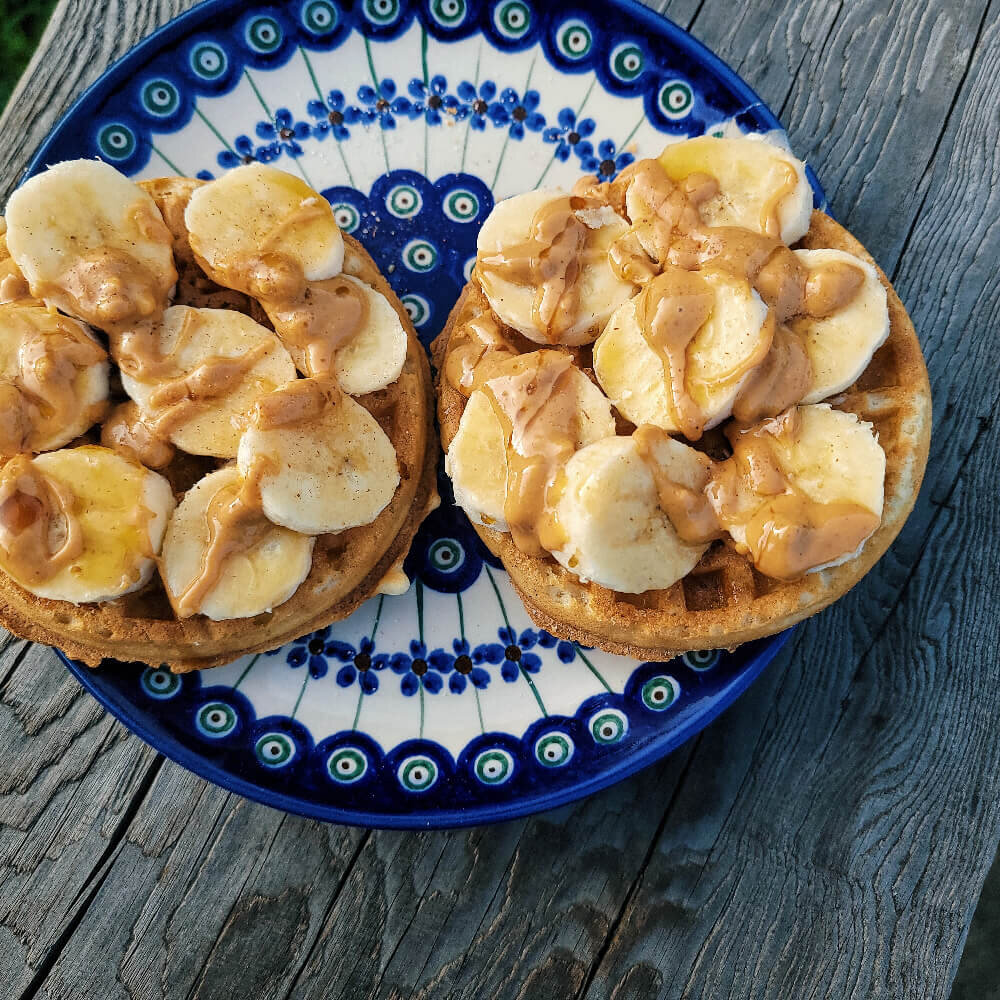
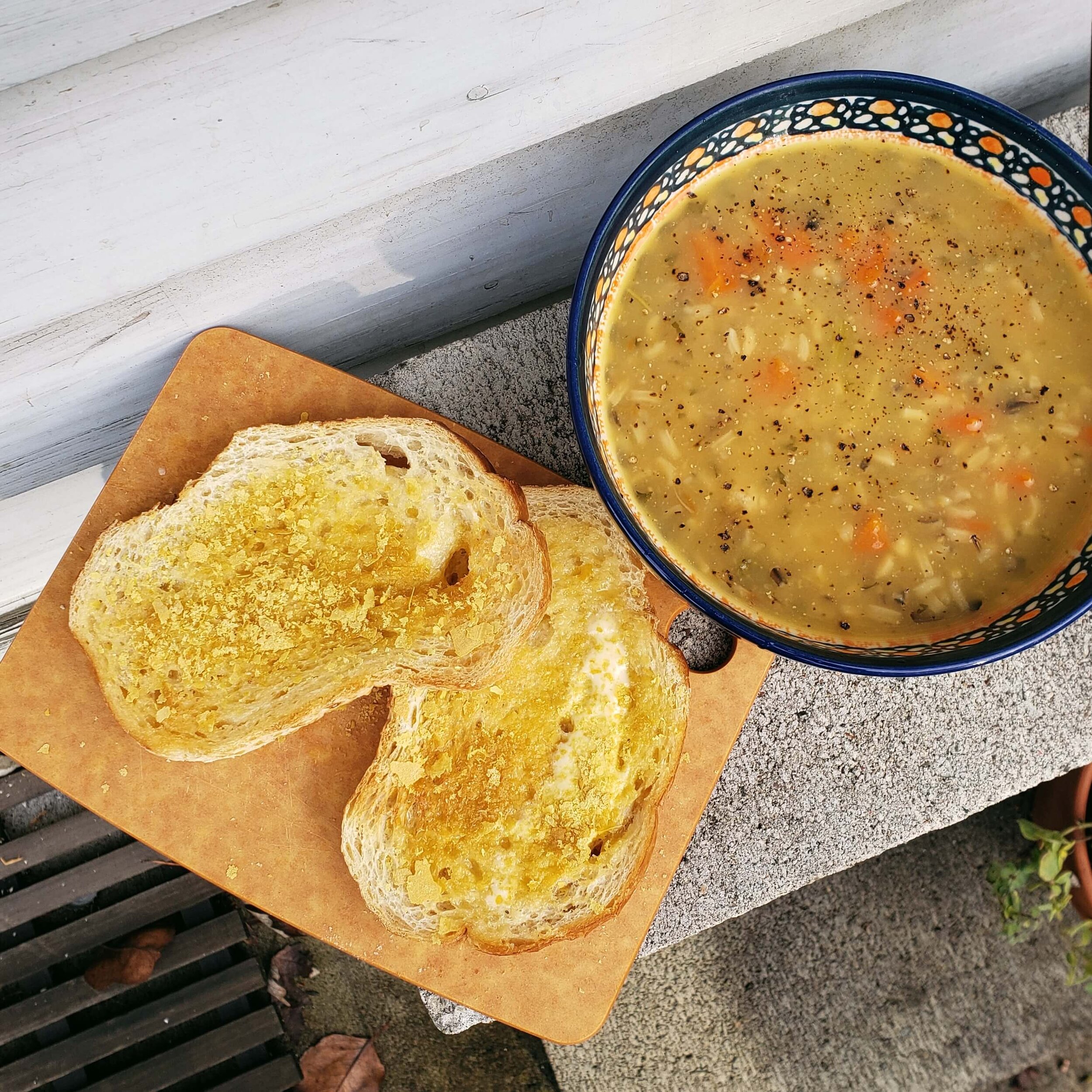
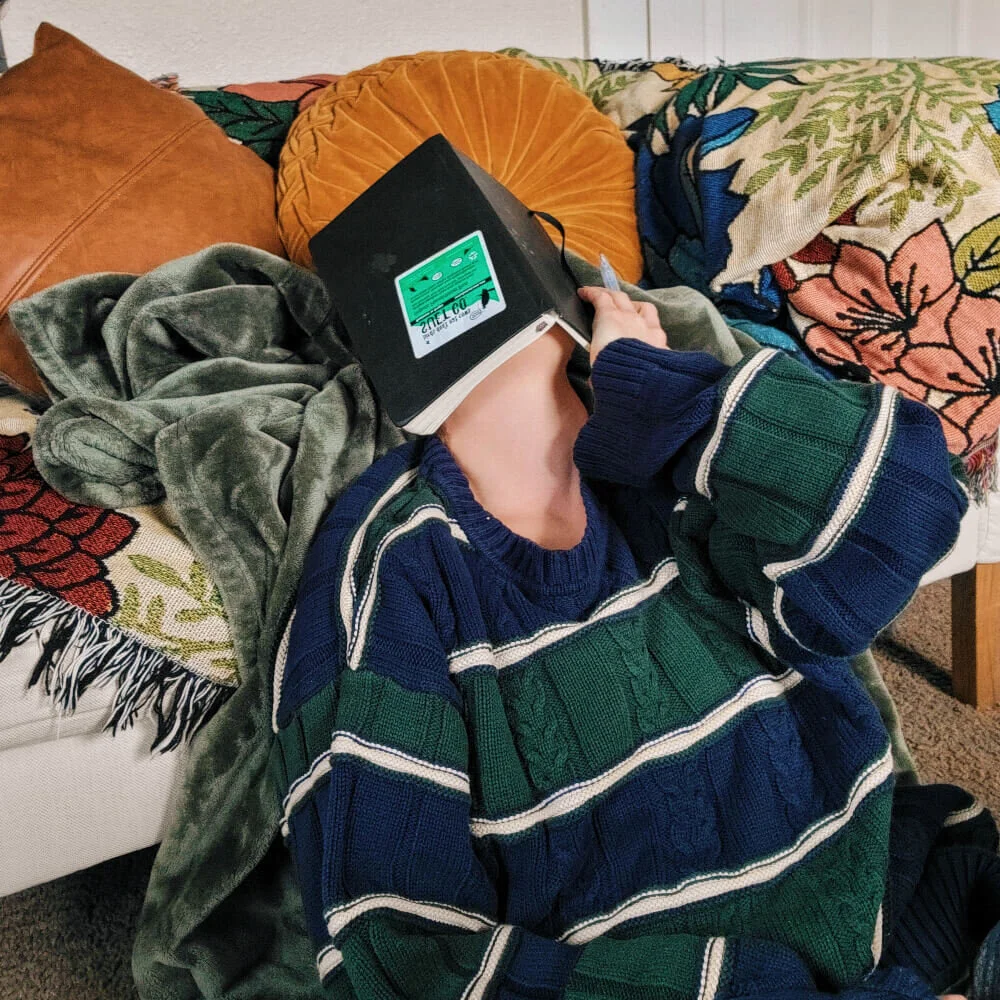







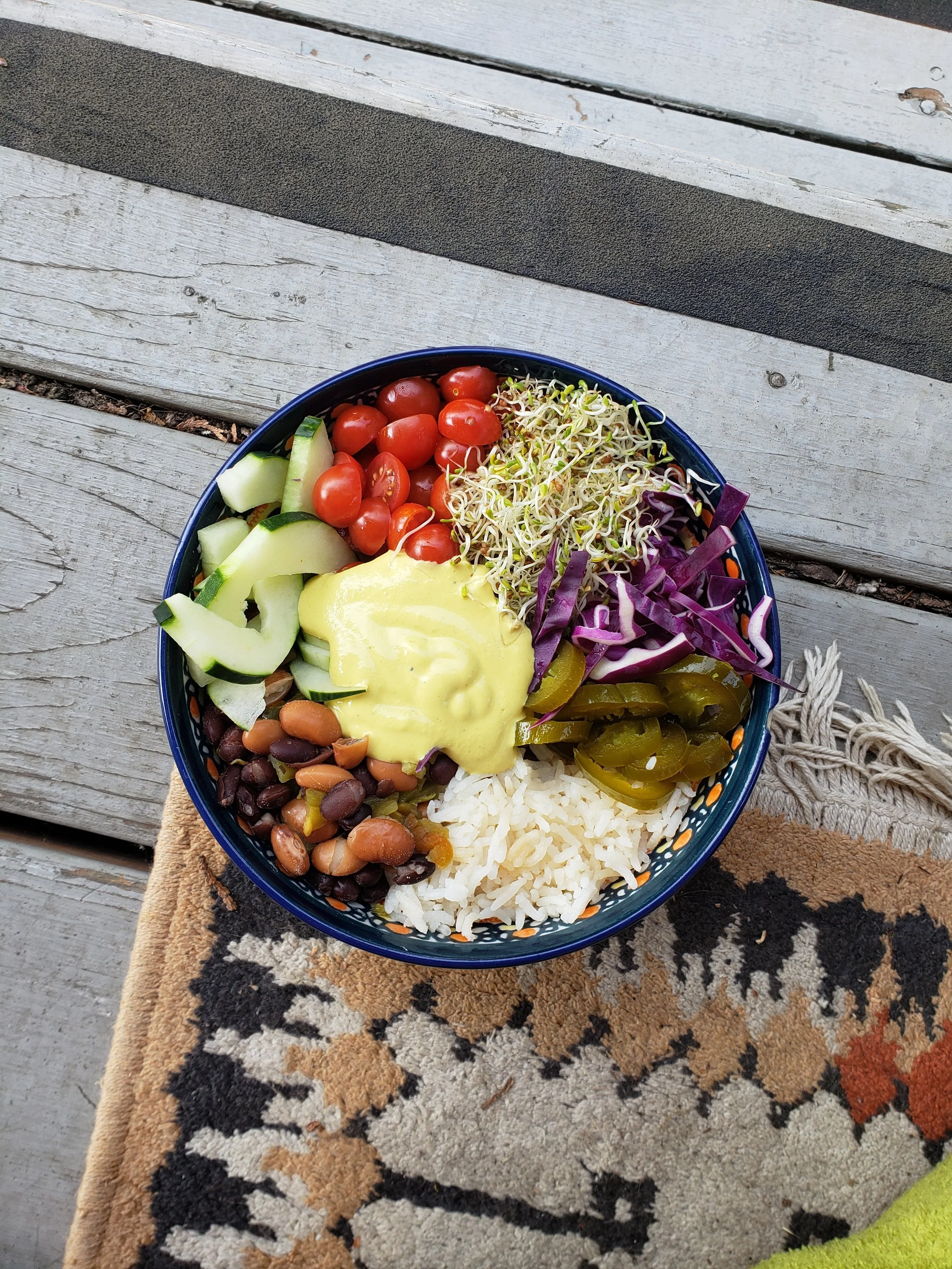
When the thought of cooking sounds absolutely soul-crushing, try some of these realistic ways to make it a lil bit easier.